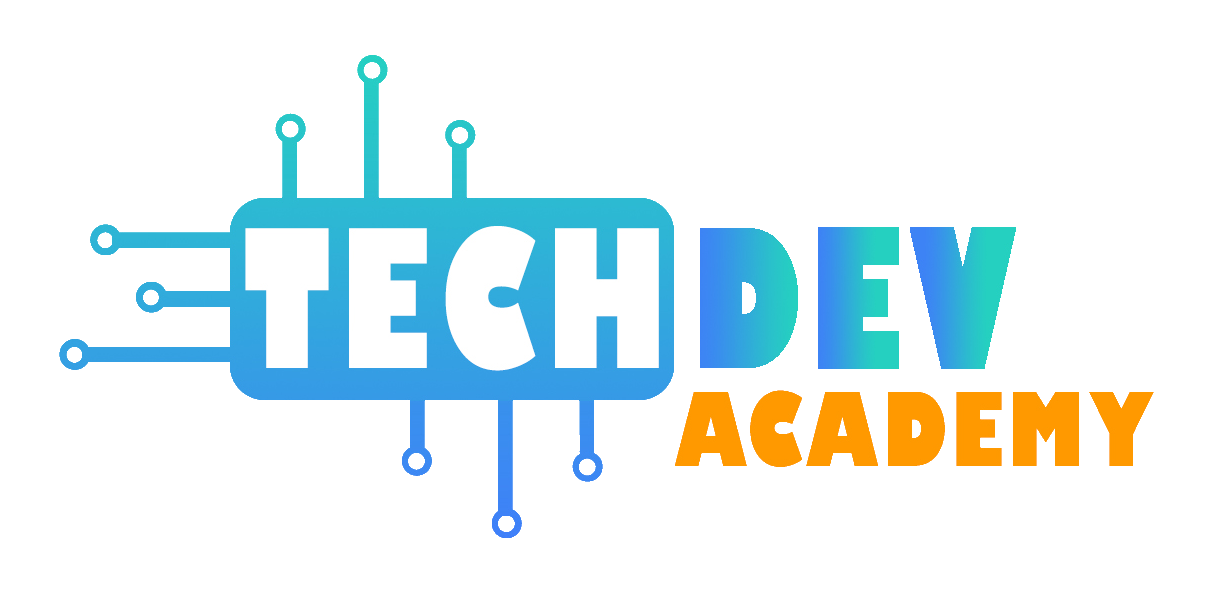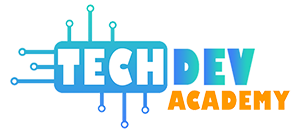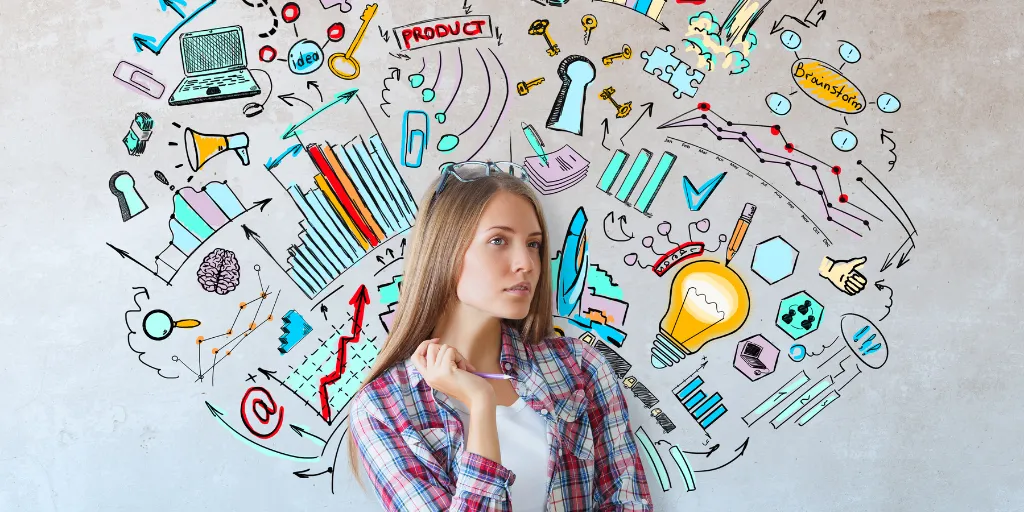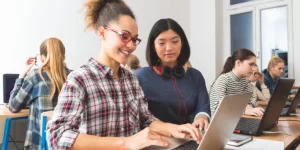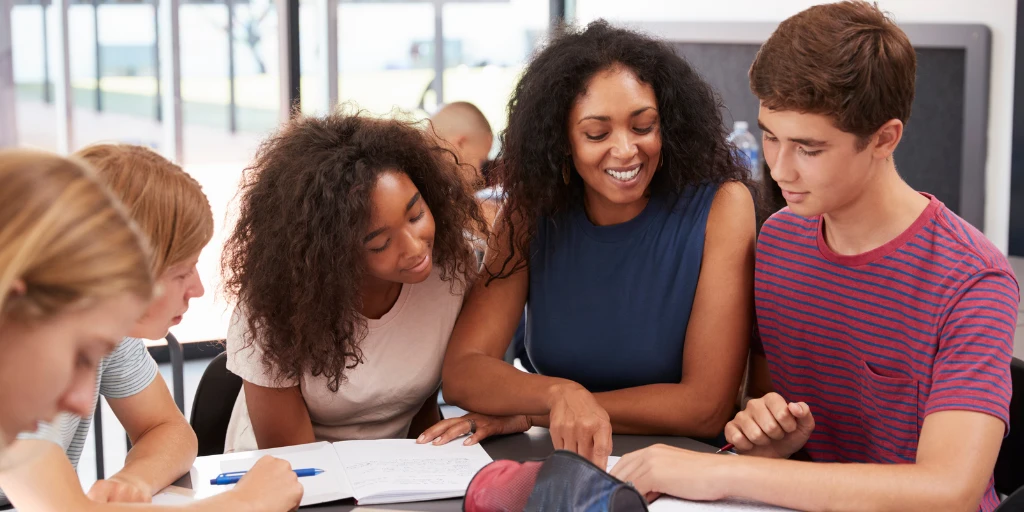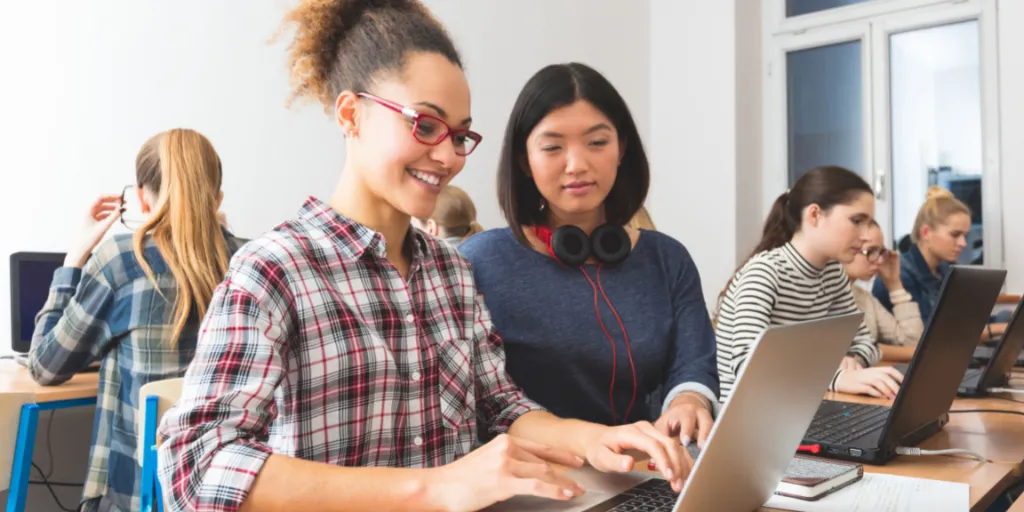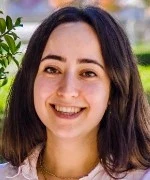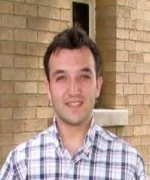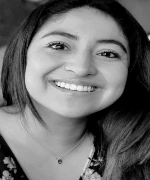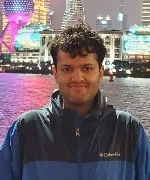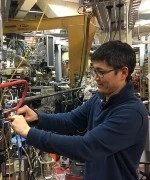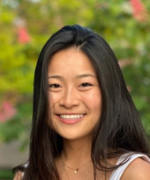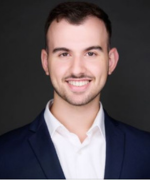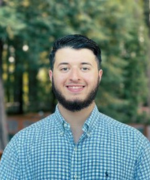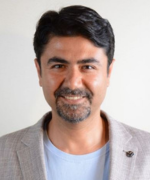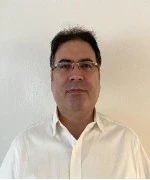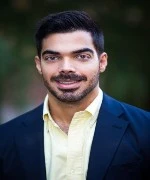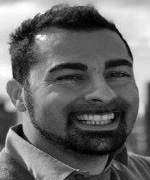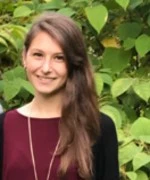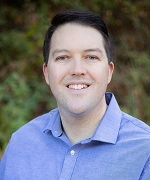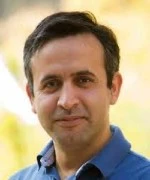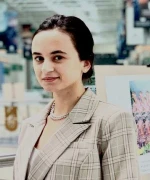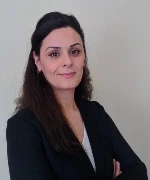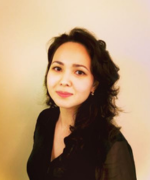The Role of Creativity in Education
Education plays a crucial role in developing students’ creativity. Creativity is not just about artistic expression, but it involves generating new and unique ideas by breaking out established patterns and developing fresh approaches to problems. The ability to come up with original ideas, fluency in generating ideas, flexibility in switching between different ideas and perspectives, and elaboration in adding details and depth to an idea, are the different components of creativity.
In other words, creativity is not limited to artists and writers. It is present everywhere in everyday life. Even scientists rely on creativity when they develop new research questions or solutions to existing problems within their field of study. This means that anyone who wants to become successful needs to develop their own level of creativity so they can better achieve their goals through innovation instead of relying on others’ work alone.
The importance of creativity in education lies in developing critical thinking skills, problem-solving skills, and essential life skills in students. Creativity helps students develop critical thinking skills by encouraging them to analyze and evaluate their own ideas and the ideas of others. In the real world, problems are not always straightforward, and creativity helps students to tackle complex problems and develop innovative solutions.

Creativity also allows students to be more open-minded about new ideas or ways of thinking about seemingly unsolvable issues. Moreover, the creative process is an important skill that can be learned by anyone at any age —and these skills are especially important for younger students who need more time than older children do to develop them fully before they leave school behind completely.
If you’re looking for a way to help your students succeed academically and professionally, consider teaching them emotional intelligence. Emotional intelligence is the ability to recognize and manage your own emotions, as well as those of others. It’s crucial in any career, whether you want to be a teacher or an astronaut.
Additionally, creativity is a key component of emotional intelligence, which is crucial for success in any career. When students learn to manage and express emotions effectively, they develop positive relationships that improve classroom performance, boost self-esteem and independent thinking skills, increase empathy and compassion, and help them work through stress. Students need to find different solutions to interpersonal problems, manage stress, and communicate well in order to succeed academically and professionally.
To foster creativity in your classroom, you need to create an environment where students feel comfortable expressing themselves and coming up with unconventional ideas. A supportive, safe learning environment is crucial for fostering creativity. One way to do this is to encourage interaction between students as they work together on projects and assignments. The peer feedback and collaboration play an essential role in the creative process because they allow students to bounce ideas off each other and get feedback.


Teaching methods and materials should also be varied so that students are not bored or distracted from their work by boredom or distractions such as cell phones.
Finally, encouraging students to ask questions and think deeply about problems helps them develop critical thinking skills and encourages creative problem-solving.
In conclusion, creativity is an essential component of education. It’s not only important for helping students develop critical thinking skills and problem-solving abilities, but it also helps them to become more self-aware and empathetic citizens of the world. Educators can foster a creative learning environment by creating a secure and supportive space for students; encouraging risk-taking; encouraging collaboration; providing avenues for students to explore their interests and hobbies; utilizing diverse teaching strategies and resources; and motivating students to ask thought-provoking questions. These steps will give learners the opportunity to develop their creative mindsets while also developing crucial life skills that they can use later in their lives.
